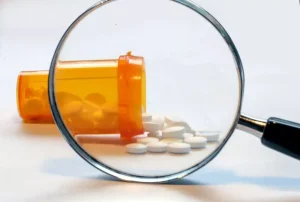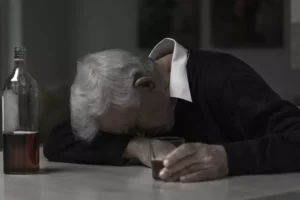
To define this important issue, we have reviewed alcohol as a trigger of primary headaches and discussed the possible correlation of the results with the principal pathogenetic theories of the primary headaches. Red wine is the type of alcohol most often reported as a headache trigger. Tannin, a component in red wine, has been long considered the culprit.
Alcohol-induced headaches: Evidence for a central mechanism?
- If you have chronic headaches, identifying and avoiding your triggers can substantially improve your quality of life.
- No differences (but data was not shown) were reported in another population study [31], and in a small study where, however, some bias is present, that is different periods of evaluation, controls with medical illnesses, etc [32].
- Avoiding drinking is the best way to prevent an alcohol-related headache.
- Sometimes you might get an attack because multiple triggers are working in combination.
- “The most common alcohol that triggers a migraine attack is red wine, followed by white wine, champagne and beer,” she says.
- It’s not the same as a hangover headache, which occurs the morning after drinking too much.
Although any type of alcohol can trigger a migraine, people who experience regular migraine attacks cite red wine as the most frequent culprit. Many people find their migraine symptoms are heightened after consuming caffeine or alcohol. Conversely, other people say that a cup of coffee can stop their migraine symptoms, and some medications designed to fight migraine pain may contain a dose of caffeine.
Tension headache
This article will explore the relationship between alcohol and headache and consider why some people develop an alcohol headache after one drink. Substances such as sulfites, histamine, https://ecosoberhouse.com/success-story/justins-success-story/ and tyramines are found in alcohol and may contribute to headaches as well. It has also been proposed that alcohol triggers an inflammatory response that can lead to a headache.
- Shirlow et al. conducted a study on Australians and reported that the proportion of participants with headaches increased significantly with average caffeine intake21.
- This review was performed using a literature search on PubMed from 1988 (date of the first IHS classification) to December 2014.
- Figure 1A shows the individual probabilities of migraine attack, when no alcohol was consumed on either day‐1 or day‐2.
Analysis of alcohol consumption
- Migraine is more common, affecting around 12% of people in the United States.
- Combining alcohol with certain medications also can cause reactions.
- Alcohol intolerance can cause immediate, uncomfortable reactions after you drink alcohol.
- Research still needs to determine which remedy is most effective.
- Their global prevalence is estimated at 52% of the population [3].
- The same is true if you find that some types of alcohol trigger your migraine headaches more than others.
Caffeine is structurally similar to adenosine12, which plays important roles in regulating neurotransmitter release in the brain, movement, reward, sleep/wakefulness, cognition, and analgesia32. When caffeine binds to adenosine receptors on the cell surface, it acts as an adenosine receptor antagonist, which in turn induces cortical hyperexcitability and maintains arousal in the can alcohol cause migraines brain11,13. The main effect of caffeine in the neuroendocrine control system is the activation of distinct neuronal pathways by altering neurotransmitter release, which causes headaches and dependence33. Dehydration is also considered a possible contributor to migraine, and higher doses of caffeine can induce acute diuresis, which may subsequently lead to dehydration34,35.
Medical Professionals
Alcohol intake behavior

The Migraine Path: Risk Factors for Progression of Migraine Disease




